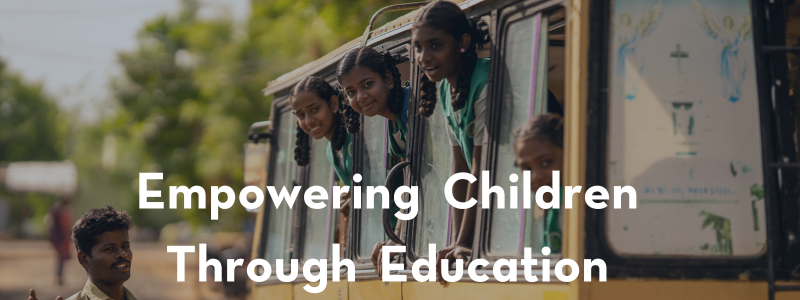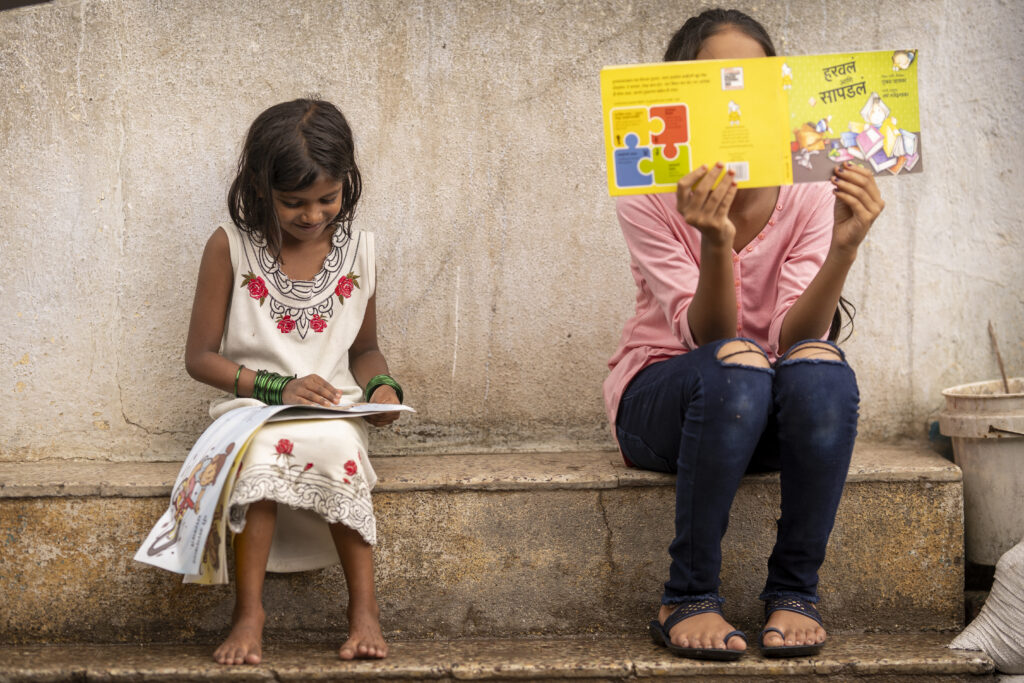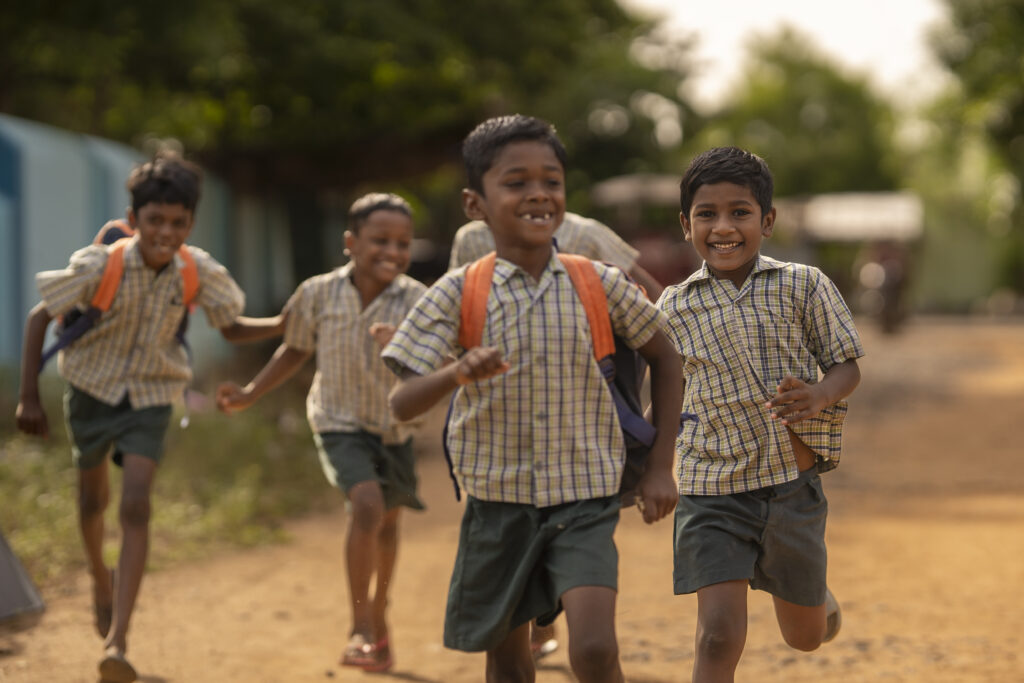Education is a fundamental right, crucial for the development and empowerment of every child. It shapes their futures, opens doors to opportunities, and plays a pivotal role in breaking the cycle of poverty. Despite its importance, many children worldwide still struggle to access quality education.
The Right to Education
The right to education is codified in various international agreements and conventions, including:
- Universal Declaration of Human Rights (1948): Article 26 states that everyone has the right to education, which shall be free, at least in the elementary and fundamental stages.
- Convention on the Rights of the Child (1989): Article 28 recognizes the child’s right to education, and Article 29 emphasizes the goals of education, including the development of the child’s personality, talents, and mental and physical abilities to their fullest potential.
- Sustainable Development Goals (2015): Goal 4 aims to ensure inclusive and equitable quality education and promote lifelong learning opportunities for all by 2030.
The Importance of Education
Education is more than just reading and writing; it is the foundation on which we build our future. It’s not only a tool for economic growth, equipping children with the knowledge and skills they need to secure employment in the future, but it also helps foster critical thinking skills, problem-solving, and creative thinking, which helps children prepare for adulthood and overall development. Along with these benefits for the child there are also benefits for the community, as children who received an education are more likely to be civically engaged and advocate/work towards community development.
Barriers to Education
Despite the recognition of education as a fundamental right, many children around the world face significant obstacles in accessing quality education. Two of the biggest challenges globally are poverty and gender discrimination.
Economic hardship often forces children to drop out of school to work and support their families, sacrificing their education for immediate survival. Meanwhile, in many parts of the world, cultural norms and practices create additional barriers for girls, preventing them from attending school and limiting their opportunities. These challenges hinder progress and perpetuate cycles of inequality, highlighting the urgent need for targeted interventions and support to ensure every child has the chance to learn and thrive.
Despite the recognition of education as a fundamental right, many children face significant obstacles two of the biggest challenges globally are poverty and gender discrimination.
Success Stories and Initiatives
Many organizations and governments are working to overcome these barriers and ensure every child has access to quality education. Here are a few success stories and initiatives:
- Miracle Foundation: Through its innovative approach and community-based programs, Miracle Foundation empowers children by ensuring all the children in its care have access to quality education and supporting their overall well-being.
- Malala Fund: Founded by Malala Yousafzai, the Malala Fund advocates for girls’ education and invests in local education initiatives in communities worldwide.
- UNICEF: The United Nations Children’s Fund works globally to improve access to education, especially in emergency and conflict settings.
Education is not a privilege but a right every child has. By ensuring that all children have access to quality education, we can empower them to build better futures for themselves and their communities. It’s essential to continue advocating for policies and programs that break down education barriers and support every child’s rights.



